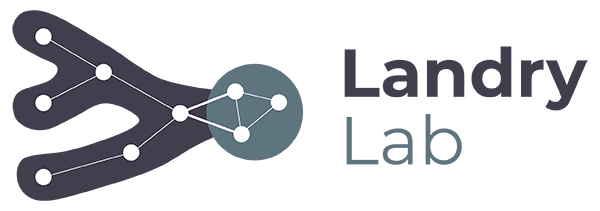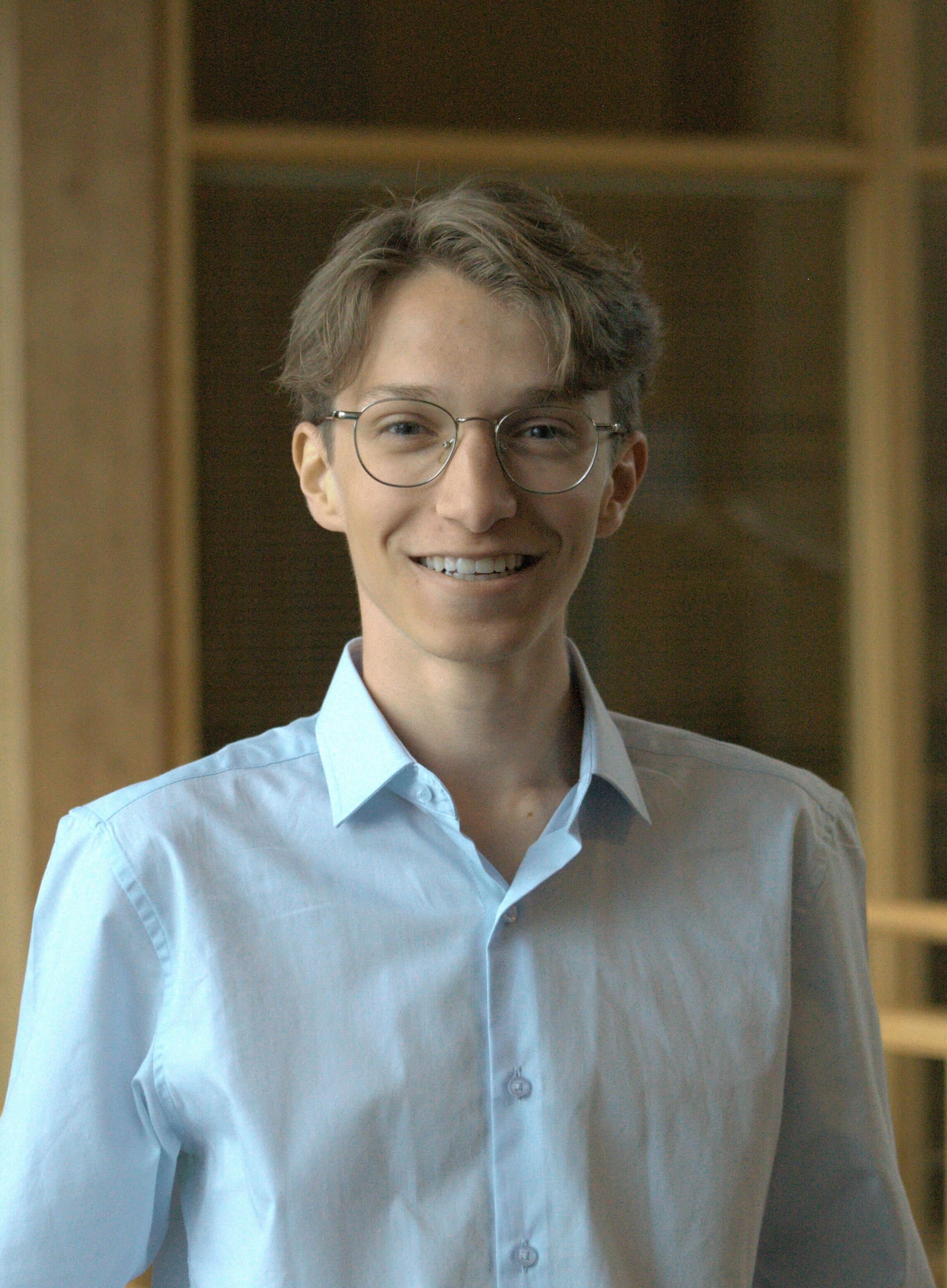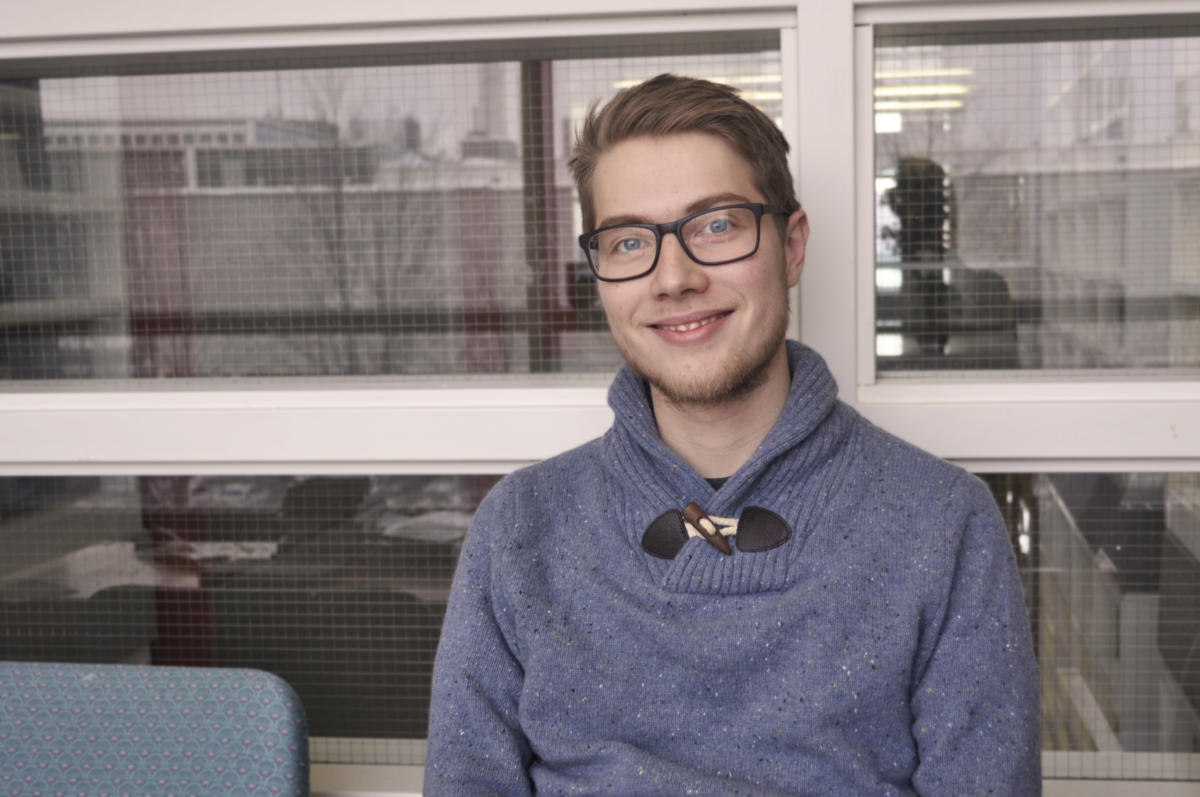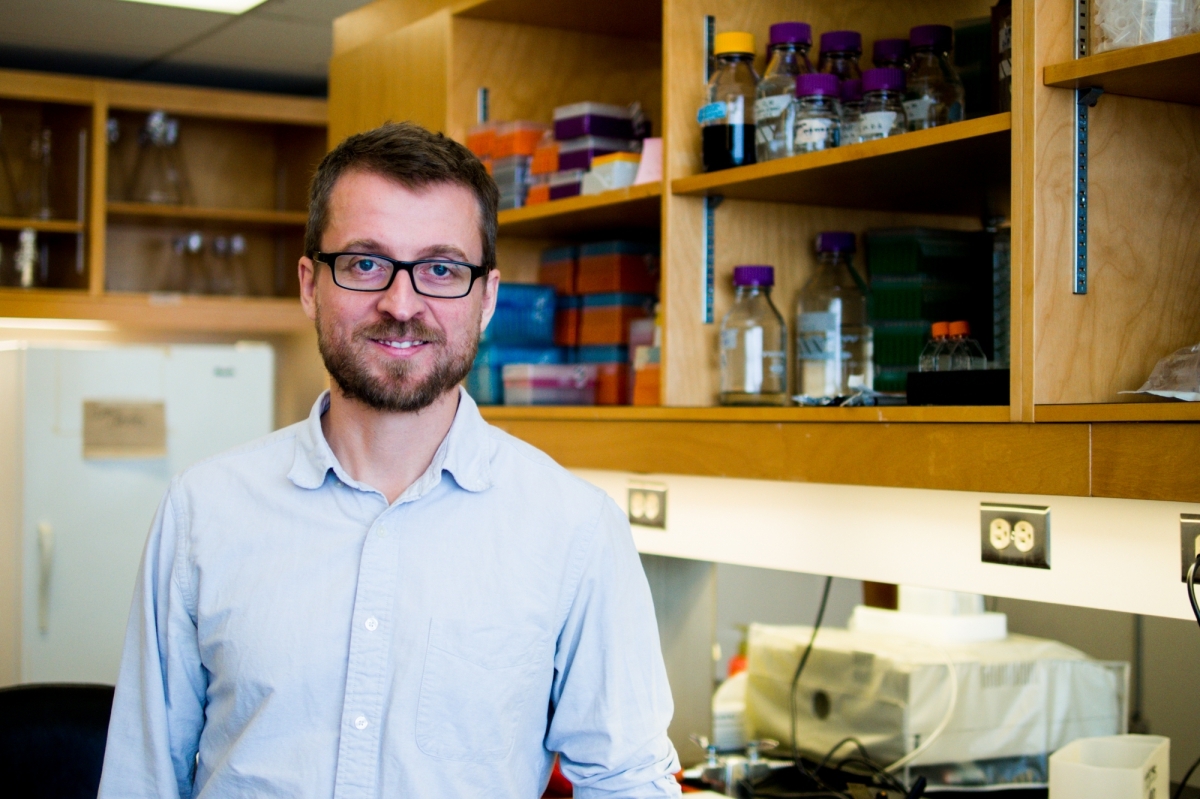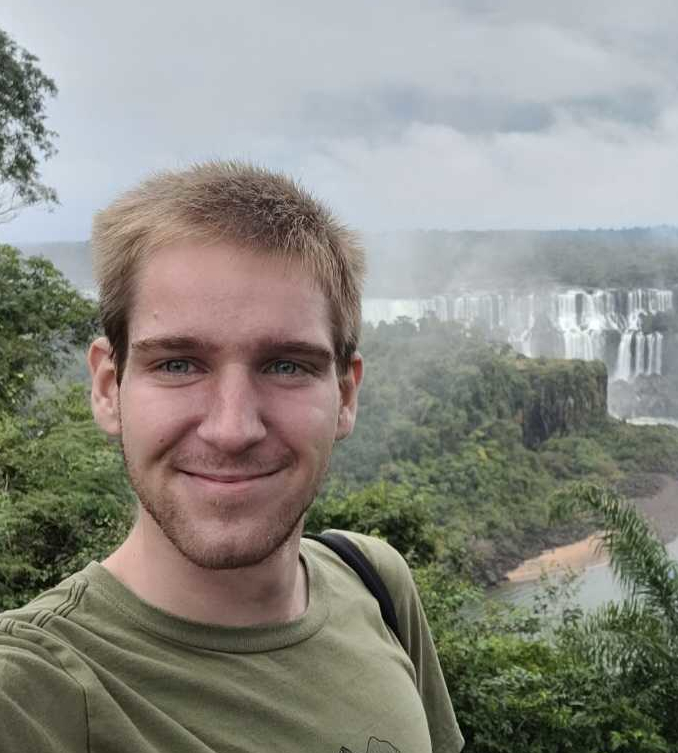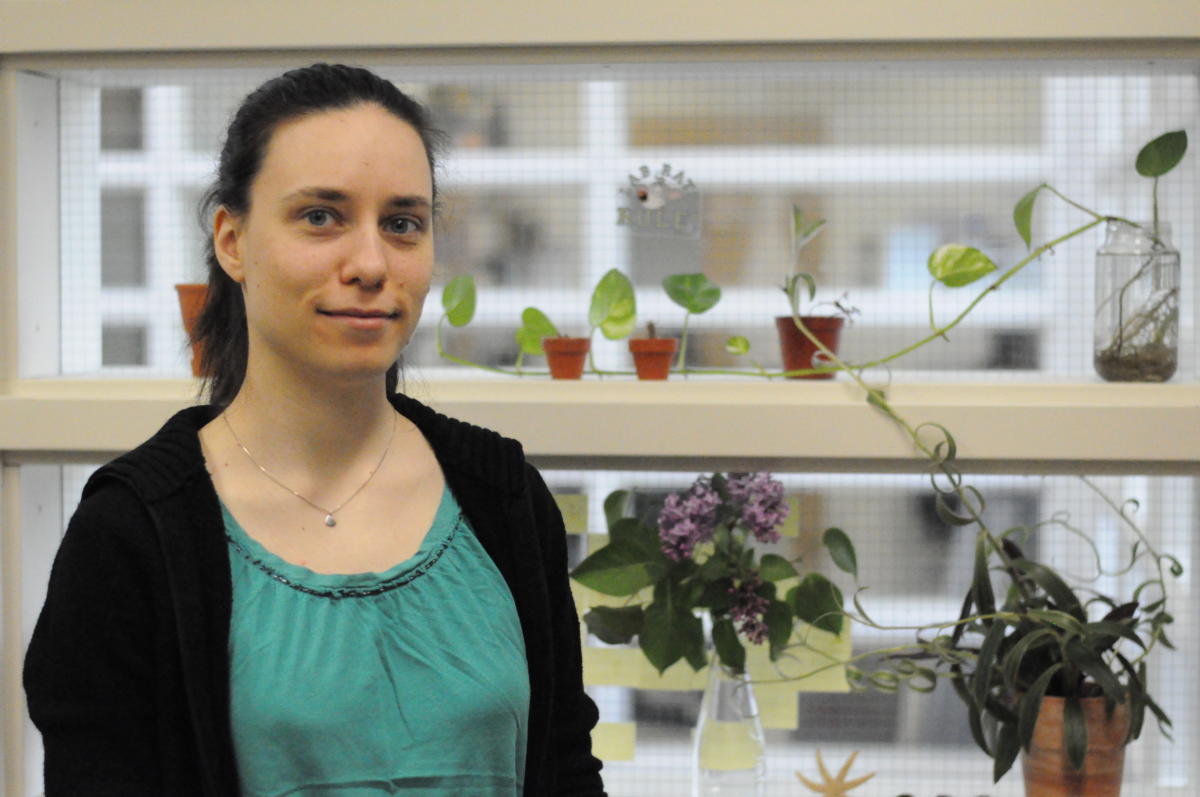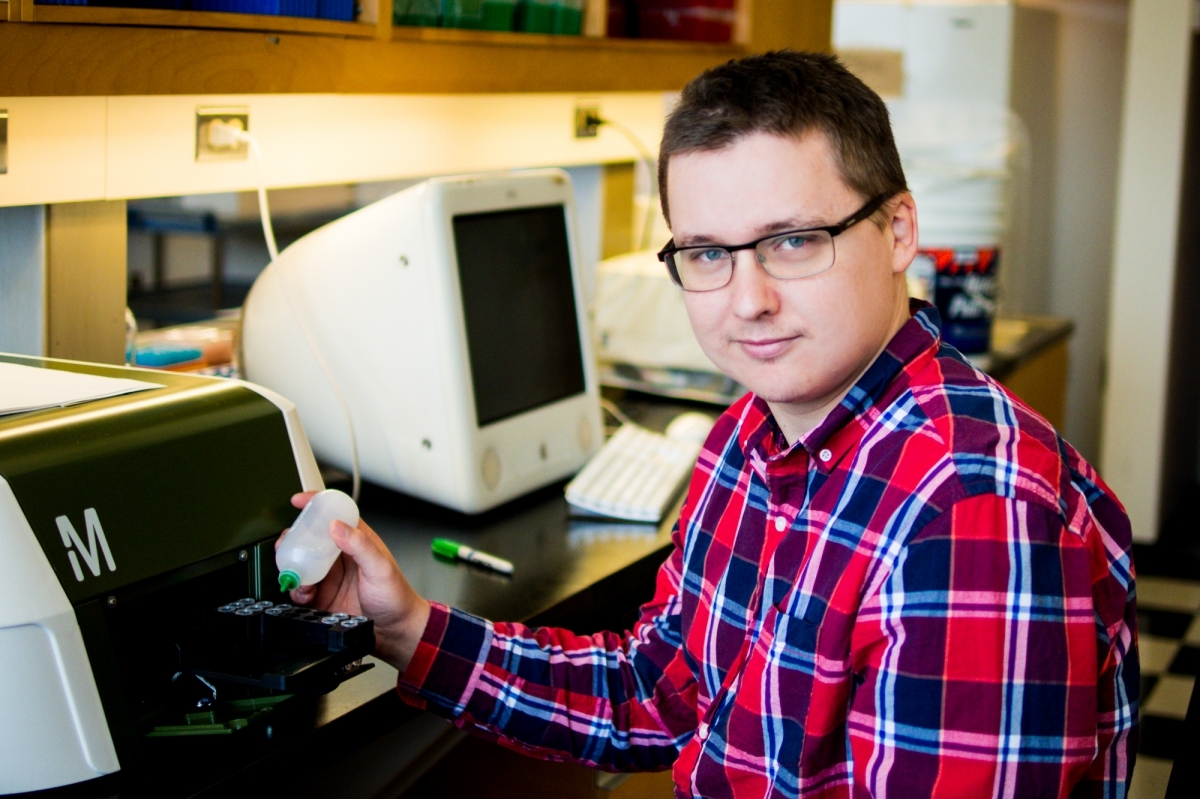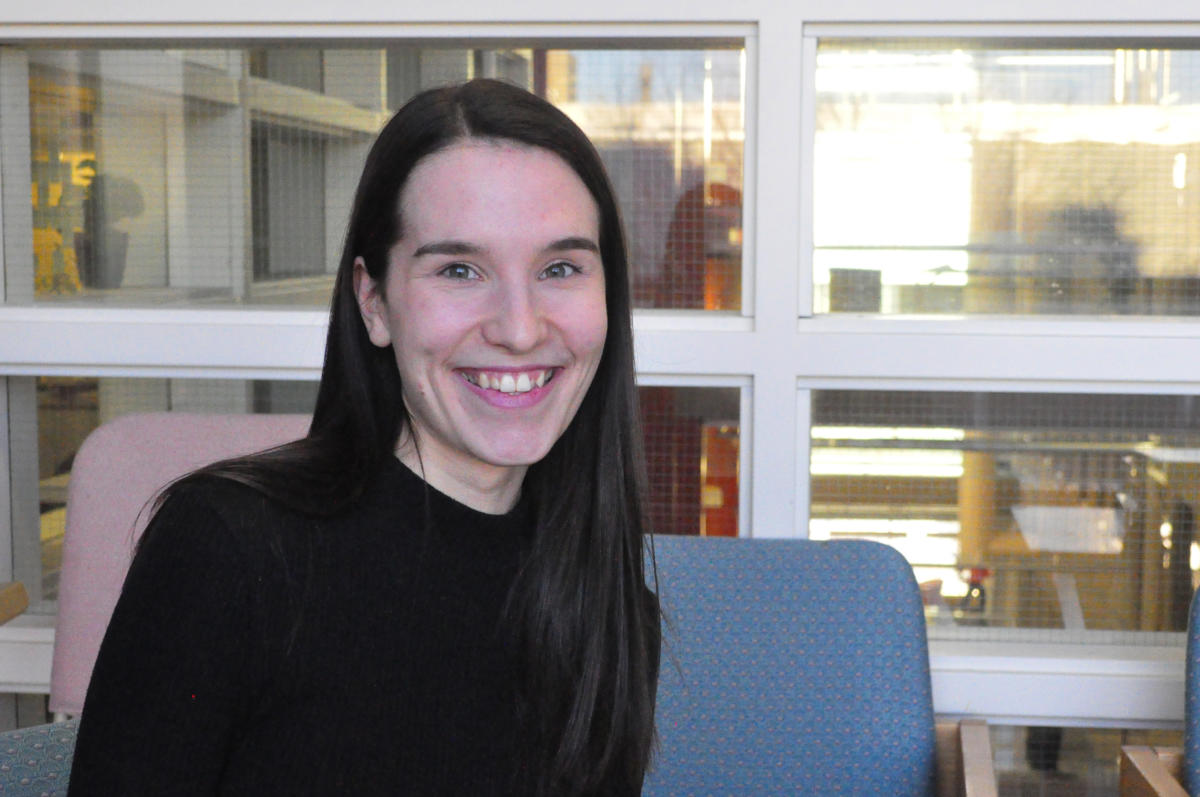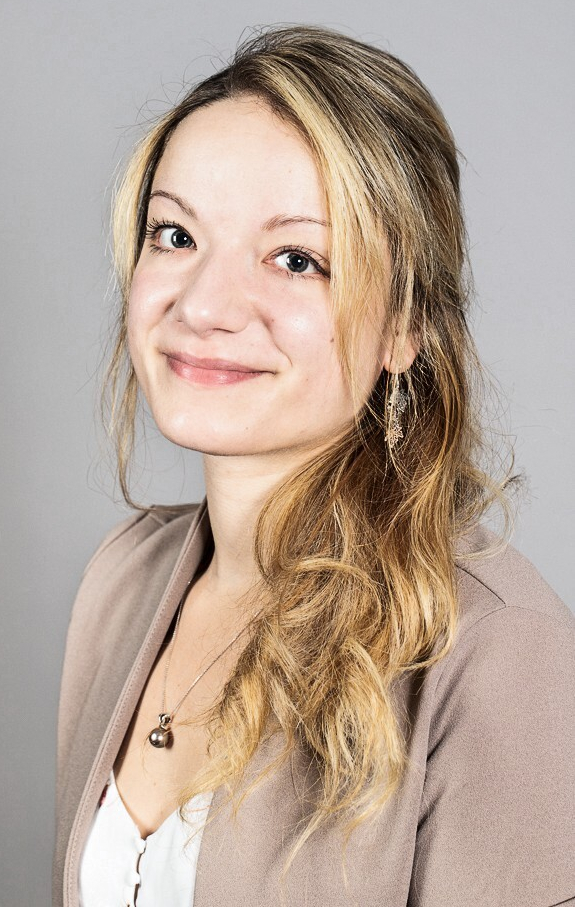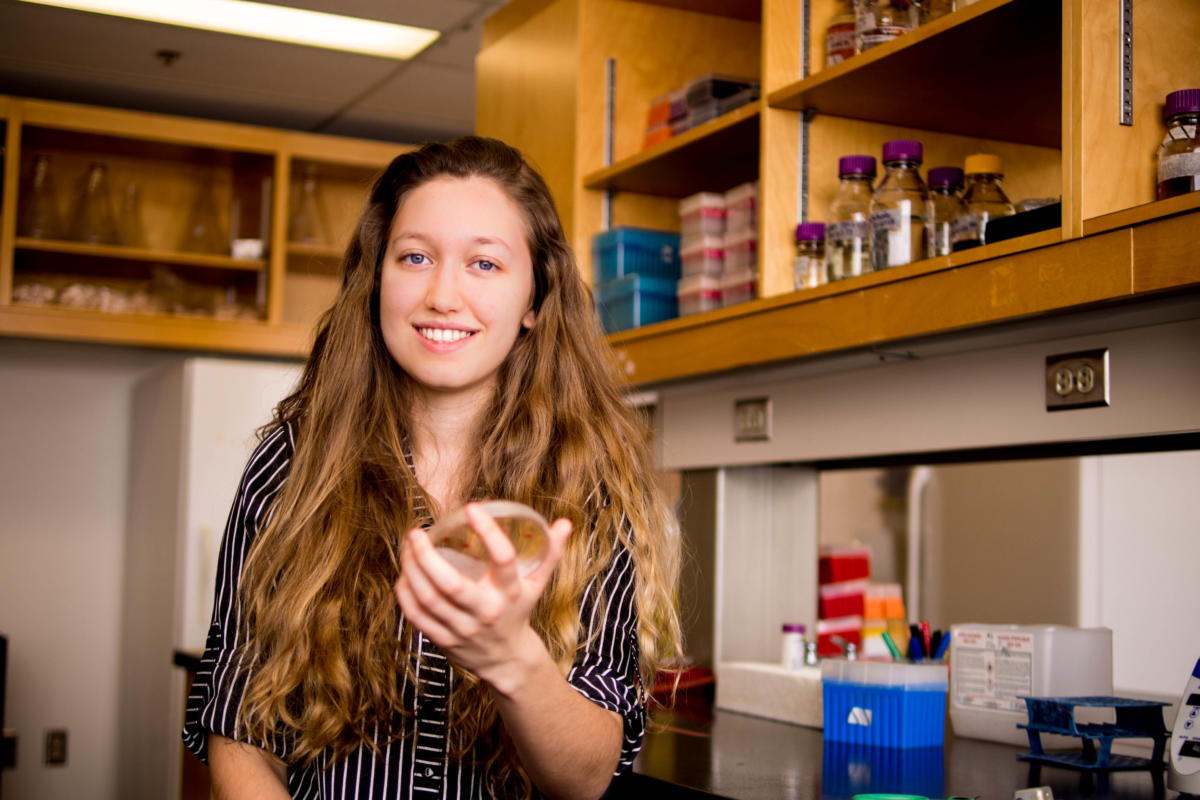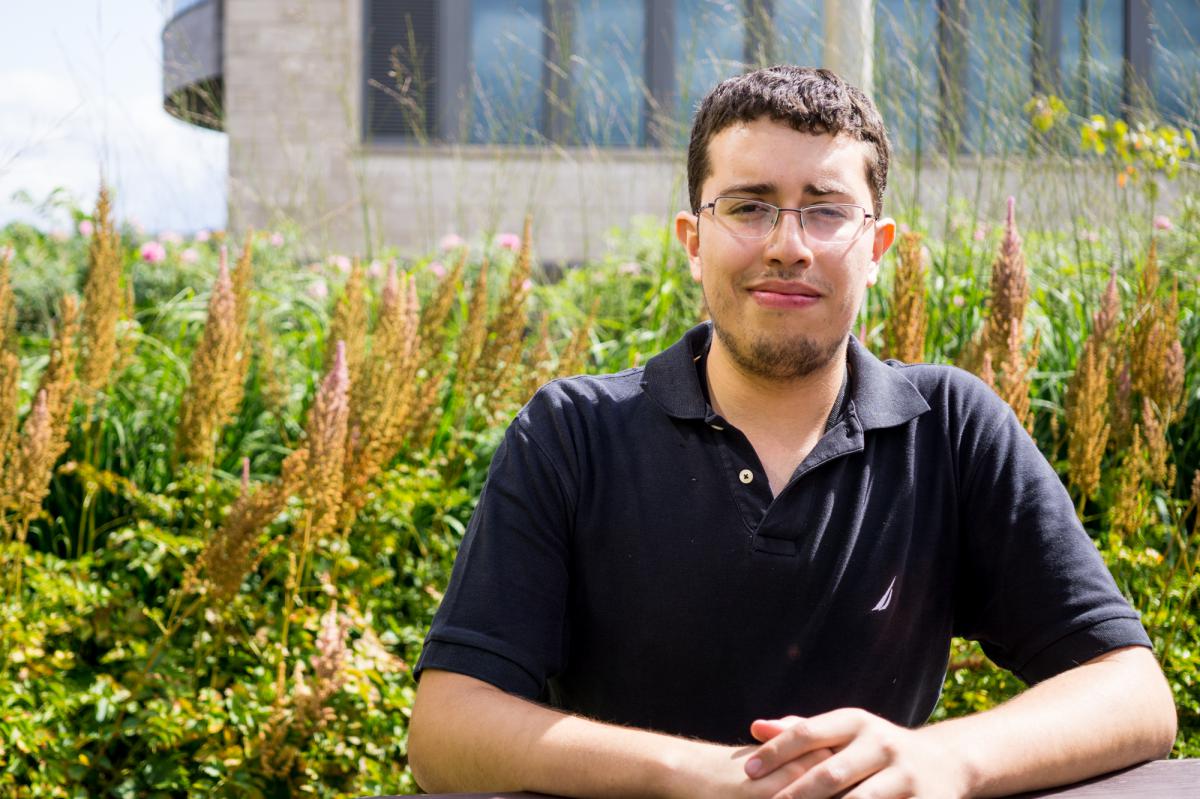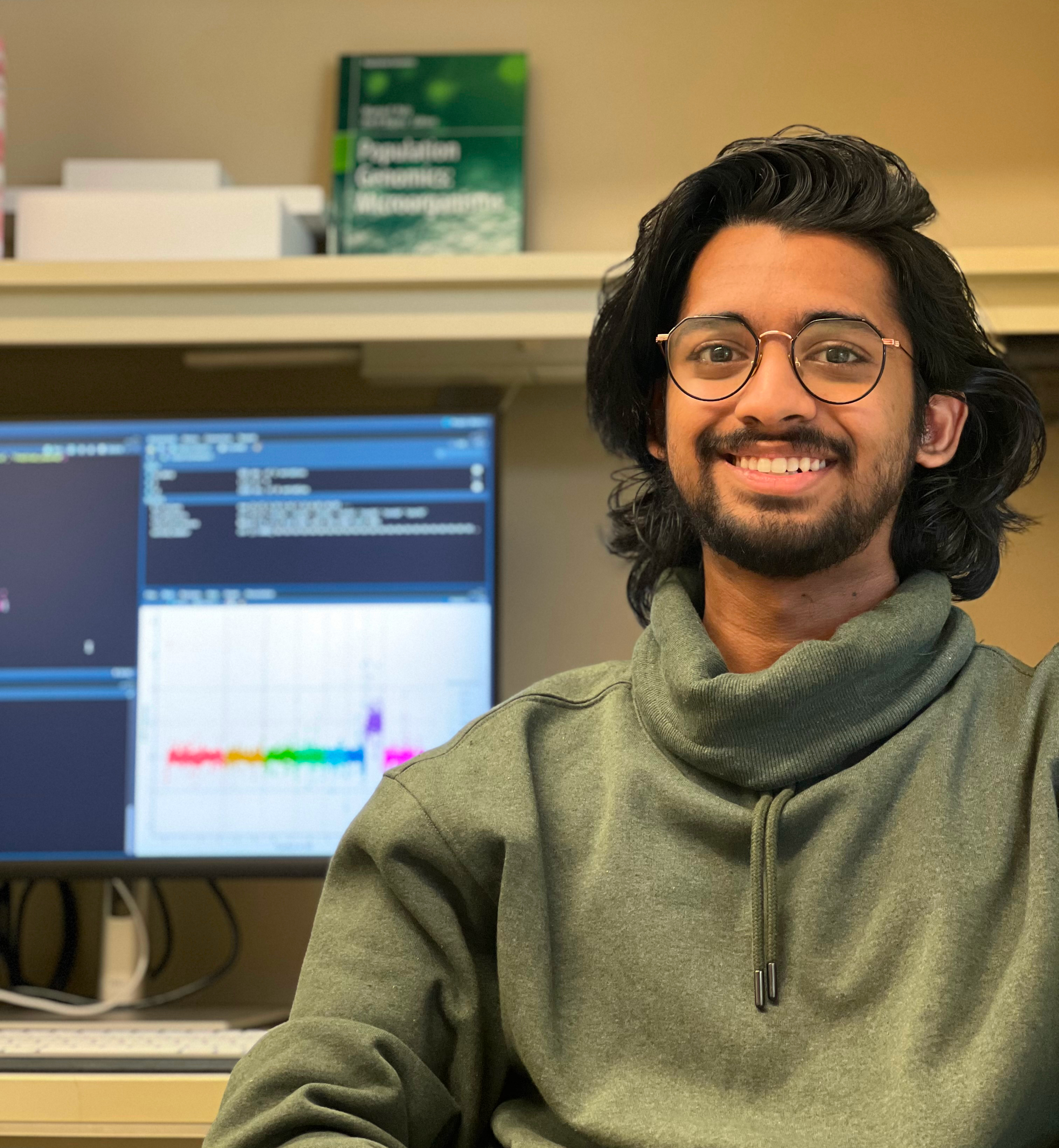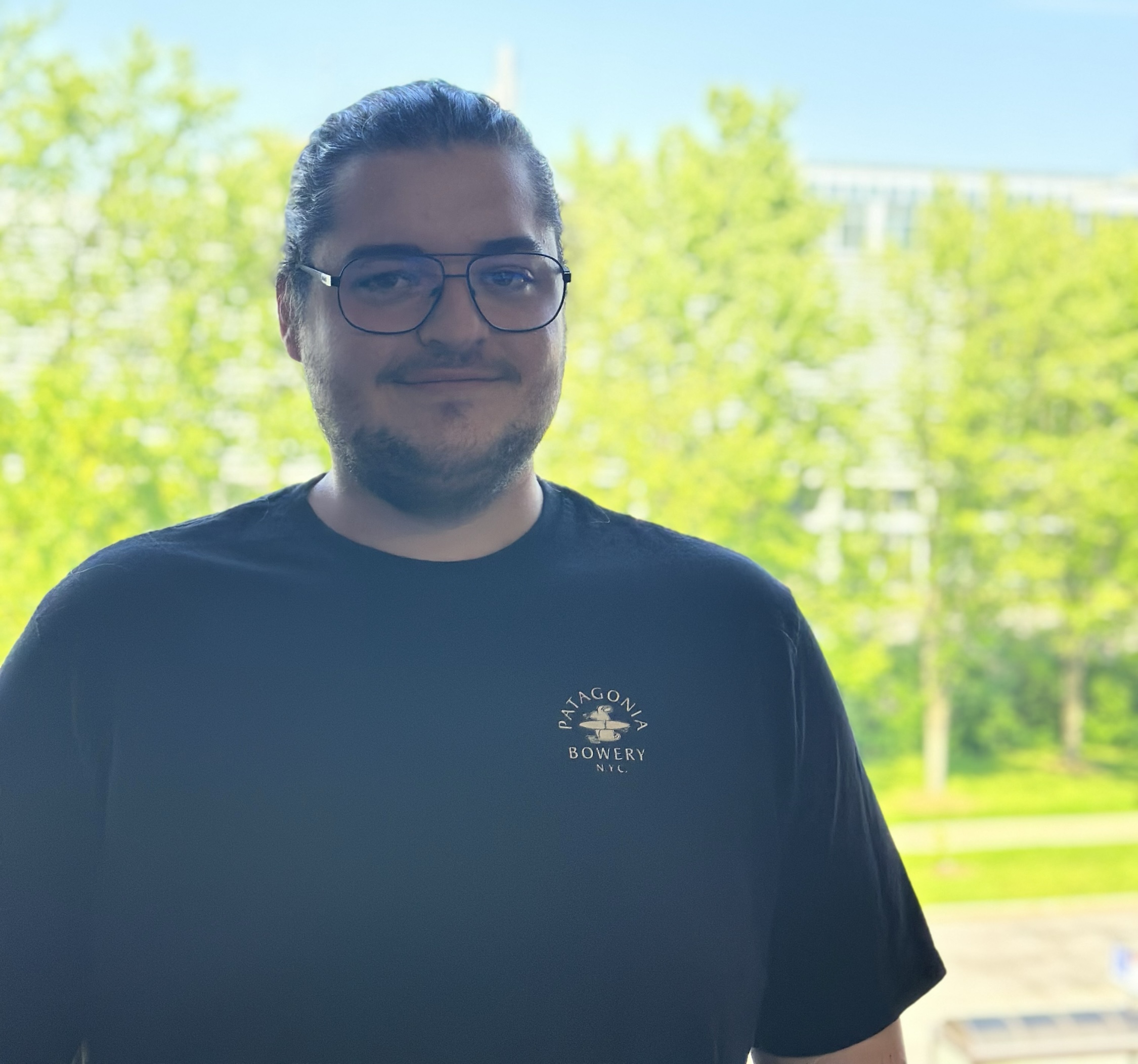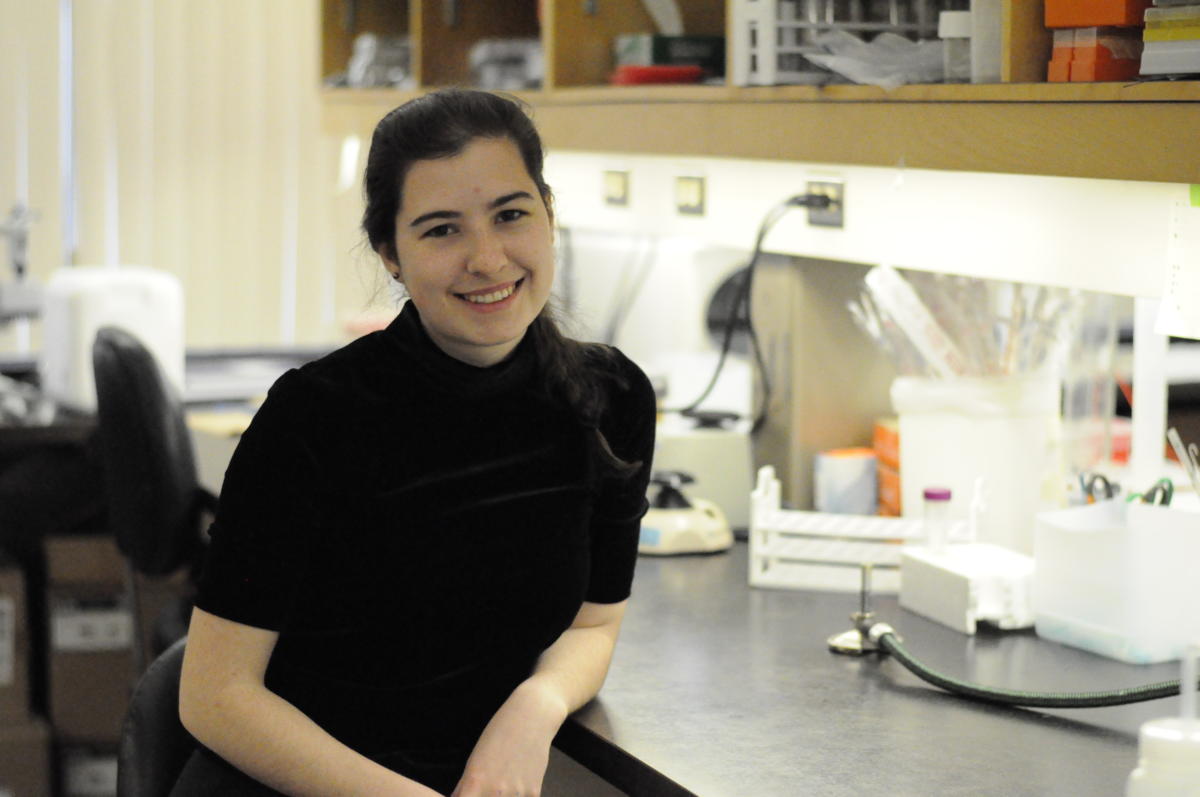Canada Research Chair in Cellular Systems and Synthetic Biology
Overall objectives
We study diversity in the natural world as well as diversity that we create in the laboratory in order to understand how biodiversity comes about and how the natural variation that has evolved for billions of years shapes the ability of organisms to adapt today. Through our four main research topics, we take a deep plunge and look inside the cell to understand the molecular basis of several aspects of evolution.
What we do
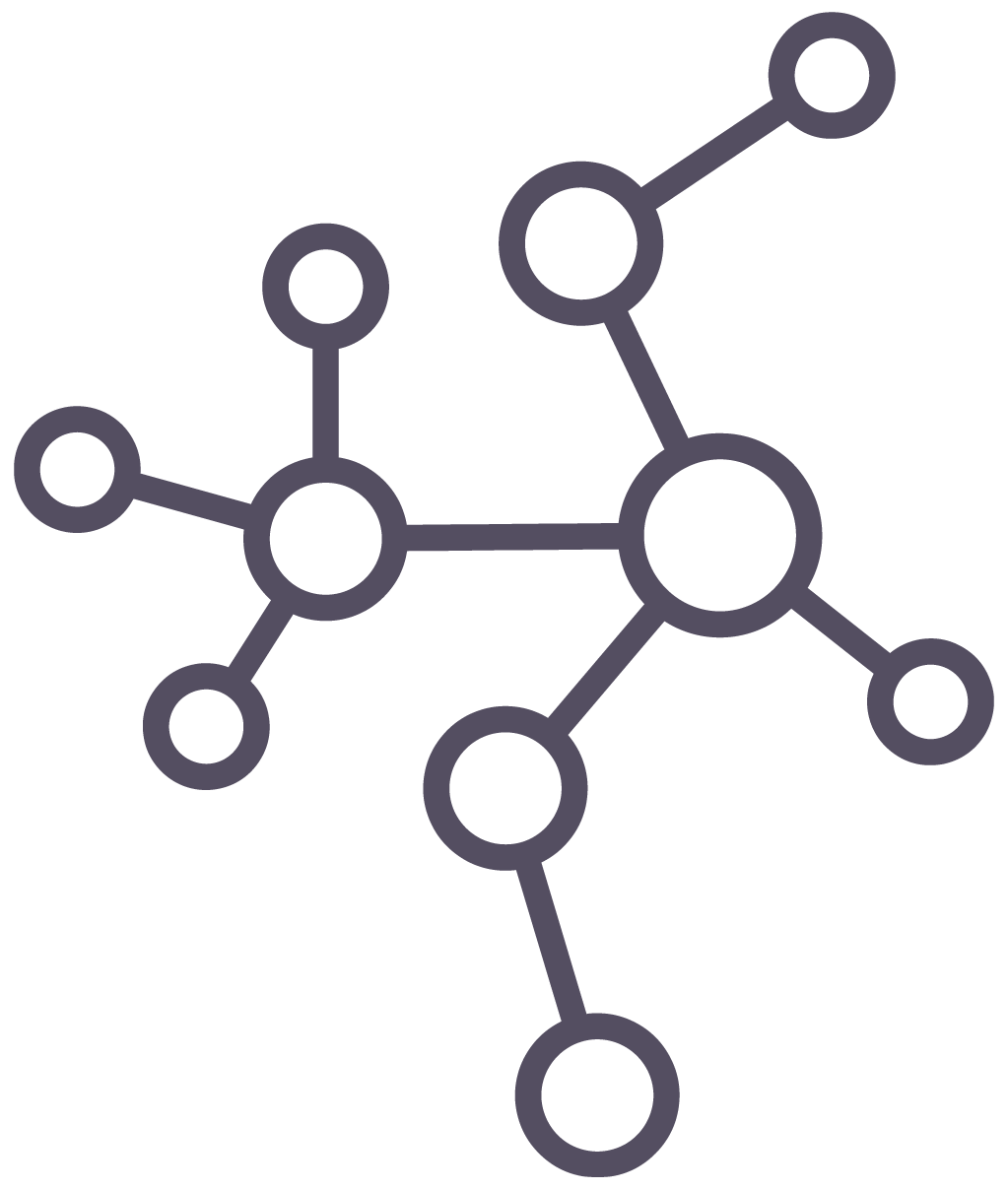
Evolution of cellular networks using synthetic biology
Cellular systems are constantly perturbed by changes in their environment and by changes in their internal conditions. How cells respond to perturbations will determine their long-term success. We are particularly interested in how proteins accomplish their functions when mutations occur, how the mutations change the relationships among proteins and how these changes ultimately affect fitness. We are examining these questions using synthetic biology approaches to manipulate and engineer genomes in order to probe the effect of mutations on cellular signaling networks. We also study the modification of entire proteins, binding domains and short linear motifs (SLiMs) by Deep Mutational Scanning and genome editing to find how and why certain changes affect fitness while others do not.
Evolutionary systems biology of novelties
Gene duplication is an important force in evolution. However, it is thought to be of limited use for acquiring completely novel functions due to phylogenetic constraints, i.e. genes born from duplication have inherited several features from the ancestral copy, including biophysical constraints. We are interested in identifying these evolutionary and biophysical constraints. Another interesting aspect we are studying is how changes in gene dosage evolve following duplication and thus, how it can affect the assembly of protein complexes and in turn affect fitness. Using computational comparative approaches, we also examine how gene families such as protein kinases evolve new specificities.


Evolutionary genomics of responses to ecological and cellular interactions
The architecture and evolution of genomes is affected by natural selection that is driven by the external environment and also by internal forces that affect, for instance, mutation rate. We are interested in the role of inter-species hybridization and the breakdown of nuclear-mitochondrial coevolution in generating adaptive or deleterious diversity. We are also examining the dynamics of propagation of internal cellular DNA parasites as a function of population demography and how the parasites could affect the organization of genomes and the fitness of the host organism over long evolutionary times.
Evolutionary genomics of human fungal pathogens
Pathogens evolve quickly in response to the defense mechanisms of their hosts and the molecules used by humans to limit their proliferation. We are examining how the host-pathogen evolutionary arms race and antimicrobial treatments affect the evolution of fungal pathogens. We use are pathogenic yeasts such as Candida albicans for which we transplant their genes in Saccharomyces to study how mutations drive antifungal resistance.
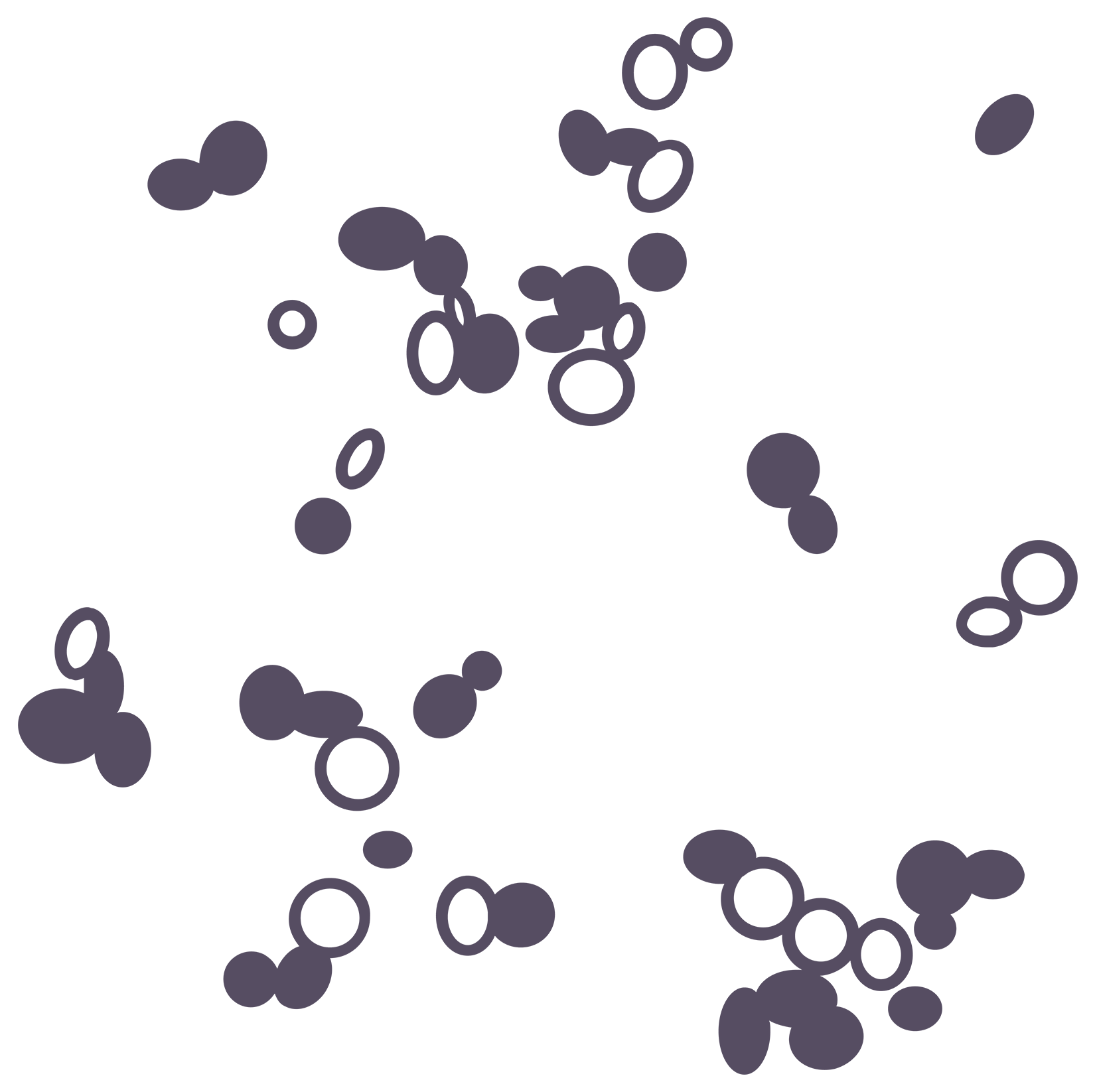
The team
All of the projects described above are led by students and postdoctoral fellows, who are supported by the work of research associates.
Funding
Our research is supported by the Canadian Institutes of Health Research (CIHR), le Fonds de la Recherche en Santé du Québec (FRQS), the Canadian Foundation for Innovation (CFI), le Fonds de la Recherche Nature et Technologie du Québec (FRQNT), the Quebec Research Network on Protein Function, Structure and Engineering (PROTEO), the Natural Sciences and Engineering Research Council of Canada (NSERC), Genome Quebec, Genome Canada and Université Laval.
Our latest news
The lab
The Landry lab is located at the Institut de Biologie Intégrative et des Systèmes (IBIS) of Université Laval and is part of the Quebec Network for Research on Protein Function, Engineering, and Applications (PROTEO). IBIS and PROTEO offer very stimulating training environments and cutting edge technologies. The Landry lab is an international team of about 30 students, PDFs and research associates from different backgrounds (microbiology, biology, bioinformatics, biochemistry) addressing questions in evolutionary cell and systems biology.
The lab
